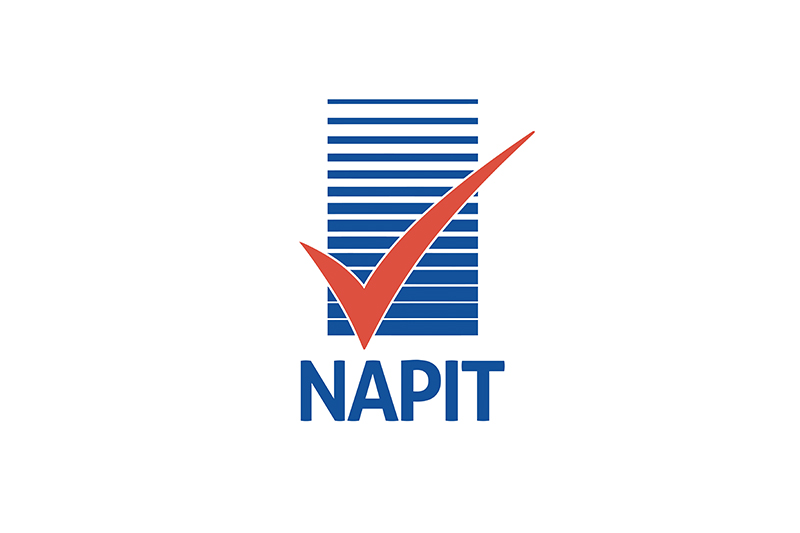
Mike Andrews, Chief Executive of NAPIT, reflects on 2020 and looks ahead to what 2021 may have in store for the Construction, Repair, Maintenance and Improvement sectors.
There is no doubt that 2020 will be remembered for decades. The impact of the global Covid-19 pandemic and subsequent restrictions imposed nationwide would have been unimaginable to most and have impacted the country in ways which will be felt for years to come.
With the first lockdown coming into effect on the 23rd March 2020, forcing all non-essential businesses to close and requiring people to stay home, the economy was hit hard. It took some time to clarify whether construction work was essential, and the rules differed between devolved administrations. Many contractors were forced to close their businesses, some chose to for health reasons and some remained open, just responding to emergency situations.
With confirmation that construction work could continue provided Covid-19 secure procedures were in place and the continued easement of the lockdown in July, we could see our members workloads increasing again and although life had by no means returned to normal, the restrictions on the Construction and Repair, Maintenance and Improvement (RMI) sectors had eased.
With the subsequent lockdown in November 2020 and the current lockdown in January 2021, clarity was provided that ‘you should go to work, if you can’t work from home’ allowing contractors to continue working. With Covid-19 secure measures becoming the norm, work has continued within the Construction and RMI sectors but not without hesitation.
The term ‘new-normal’ has been banded around a lot as this pandemic has gone on – and frequently in connection with homeworking. Prior to lockdown, 68% of British employees never worked from home, but once the crisis is over 57% wish to be able to continue to work from home in some capacity. [1]
This is an interesting statistic, and hints at the social change that we could expect to see within 2021 and beyond. The desire for home working will undoubtably put a demand on the Construction and RMI sectors as people require home office solutions and more space.
The impact of Covid-19 on the Construction sector has certainly been felt with 31% of construction businesses reporting a reduced turnover, but is slight when compared with the accommodation and food sectors with recent Office of National Statistics data showing 85% of construction businesses are currently trading compared to 59% in the accommodation and food sectors. [2]
Looking ahead to 2021, there will be challenges to face and getting through the next 3 months will be tough, however there are hints of a promising outlook for our sector.
As Albert Einstein once said, “in the midst of every crisis, lies great opportunity”. Those who succeed will embrace the change and seek opportunities. Moving quickly to amend working practices to implement Covid-19 secure operations, continuing to provide great customer service and being dynamic and proactive will undoubtedly stand you in good stead.
With the advancement of online meeting solutions, virtual training courses and training centres remaining open, now could be a good time to consider expanding your company’s knowledge base and retrain, refresh your training or learn a new skill. With PricewaterhouseCoopers predicting that in 2021, one in eight cars newly registered in Great Britain are likely to be electric or hybrid, the demand for Electric Vehicle ChargePoint’s is set to grow.
The Government’s commitment to installing 600,000 heat pumps per year by 2028 also presents a growth opportunity for the sector. Support from the Government Green Homes Grant Scheme and Green Homes Grant skills training competition, which provides funding for programmes to deliver a suite of training solutions to support the Green Homes Grant scheme, provides access to subsidised energy efficiency installations, training and certification.
Following the approval of two Covid-19 vaccines, and the national deployment plan there is hope that as we enter Spring, restrictions will be eased further allowing for more freedoms and flexibility to return to our daily lives.
Taking time to reflect on 2020, regroup and refocus on the year ahead could help reset your priorities and identify any opportunities. If the last year has taught us anything it was resilience and adaptability, and whatever further challenges arise in 2021, we can face them together.








